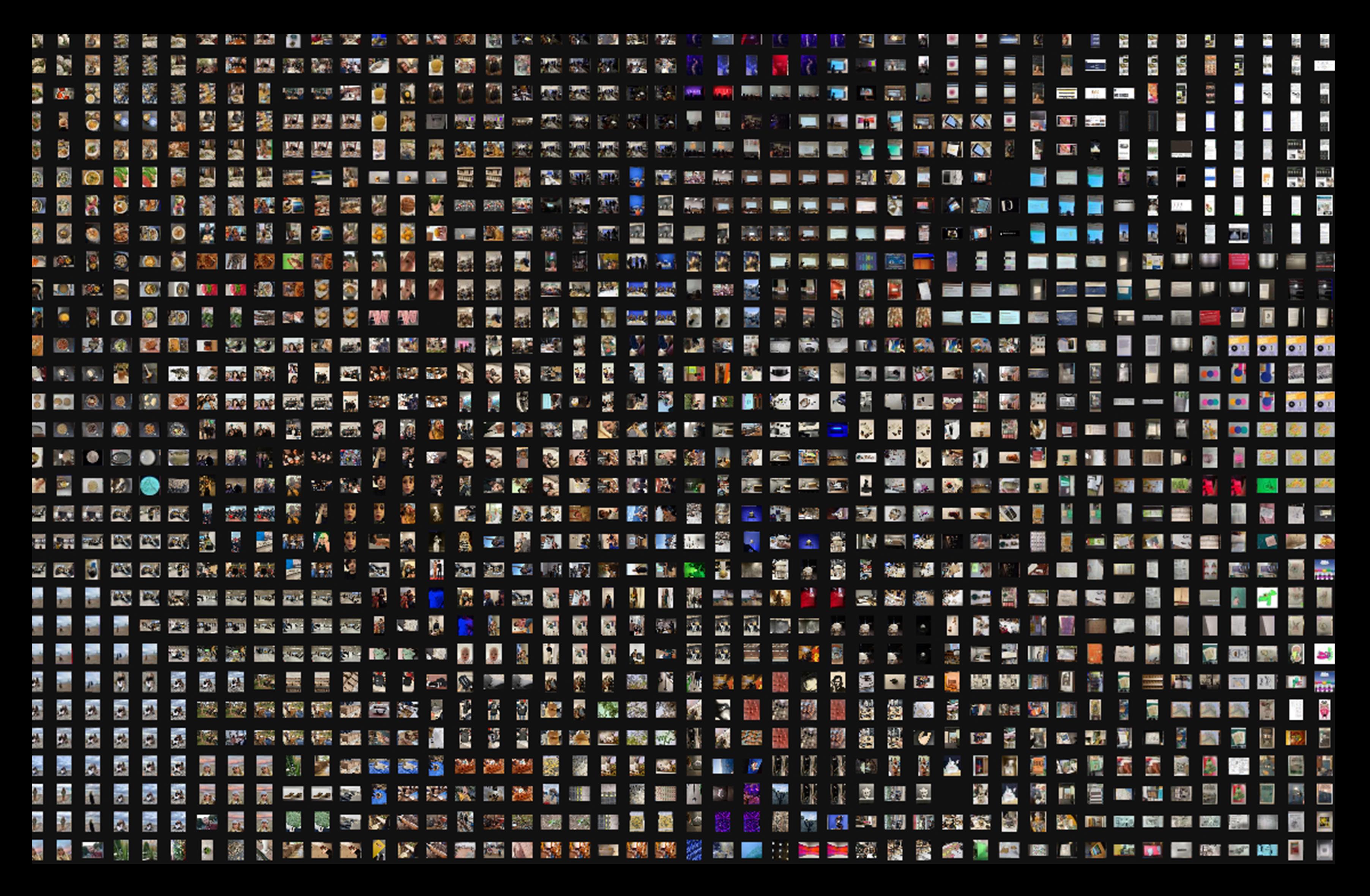Syllabus⇝
The course explores the development of artificial intelligence and its close connection with design from its very beginning. We will delve into the concepts of design that exist in AI and will connect them with their implications and their possibilities as guidelines for emergent design. In this process we will explore: the autonomization of the object, the collective dimension of intelligent behaviour and the challenges that they pose for established design methods.
Deliverables⇝
The format of your work is quite open. Use the one that feel comfortable to express what you need to share: text, video, software, object, performance…
Additional Resources⇝
A PROPOSAL FOR THE DARTMOUTH SUMMER RESEARCH PROJECT ON ARTIFICIAL INTELLIGENCE Stuart Russell and Peter Norving. Artificial Intelligence, a Modern Approach.
An Open Letter: Research Priorities for Robust and Beneficial Artificial Intelligence
Barcelona declaration for the proper development and usage of Artificial Intelligence in Europe
The 23 principles for AI of the Asilomar conference
Pasquale, Frank. 2015. The Black Box Society: The Secret Algorithms That Control Money and Information. Cambridge: Harvard University Press.
Cathy O’Neill Weapons of Math Destruction: How Big Data Increases Inequality and Threatens Democracy. Crown Publishers
Joi Ito, Director of the MIT Media Lab on “Challenges of Extended Intelligence” Panel in World Economic Foum (Davos, 2017) on Artificial Intelligence with Microsoft CEO Nadella, IBM CEO Rometty and the director of the MIT Media Lab Trends: the stanford study on AI 100 years Long-term research on the development and impact of AI.
AI & Ethics
Luis Suarez-Villa, Technocapitalism: A Critical Perspective on Technological Innovation and Corporatism (Philadelphia: Temple University Press, 2009).
Tiqqun. The Cybernetic Hypothesis. (2014). Accessed 15 Sept. 2017. Richard Babbrook, “The Californian Ideology”
Adam Curtis. All Watched Over by Machines of Loving Grace (TV series) Vladan Joler. Anatomy of an AI System.
Sara Córdoba, Wimer Hazenberg, Menno Huisman. (2011). Metaproducts. Meaningful Design For Our Connected World B/SPublishers
M Kuniavski (2010). Smart Things: Ubiquitous Computing User Experience Design.
Morgan Kaufmann. Frank Pasquale The Algorithmic Self (2015). The Hedgehog Review: Vol. 17 No. 1
Adam Greenfield (2017). Radical Technologies
Background Research Material
Herbert Simon. The Sciences of the Artificial. Rodney Brook. Intelligence without Reason.
Hubert Dreyfuss. What Computers Can’t Do.
Marvin Minsky. The Society of Mind. Superintelligence: Paths Dangers, Strategies Grady Booch: Don’t fear superintelligent AI
Jeremy Howard: The wonderful and terrifying implications of computers that can learn
Shyam Sankar: The rise of human-computer cooperation
Breaking Walls Conference Berlin, 2016. BREAKING THE WALL TO LIVING ROBOTS. How Artificial Intelligence Research Tries to Build Intelligent Autonomous Systems The EDGE questions. 2015 : WHAT DO YOU THINK ABOUT MACHINES THAT THINK?
Jennifer Robertson. Robo Sapiens Japanicus: Robots, Gender, Family, and the Japanese Nation
Laura Forlano. Posthumanism and Design.
Faculty⇝
Ramon Sangüesa is a professor at the Polytechnic University of Catalonia, (UPC) he has been affiliate researcher at and Visiting Professor at Department of Sociology at Columbia University (New York) and Senior Fellow of the Strategic Innovation Lab at the Ontario College of Art and Design at the University of Toronto (Canada). He is currently Academic Coordinator of the new Degree in Artificial Intelligence at UPC university.
Lucas Lorenzo Peña is an engineer, UX designer, and researcher who holds two Bachelor degrees in Computer Science and Cybercrime, and two Masters Degrees in Interactive Applications and Cognitive Science & Interactive Media. He is currently focused on researching the social aspects of intelligent agents (social neuroscience, multi-agent simulations, and embodied cognition), and how it relates to symbiotic social decision making between human and artificial intelligence.


